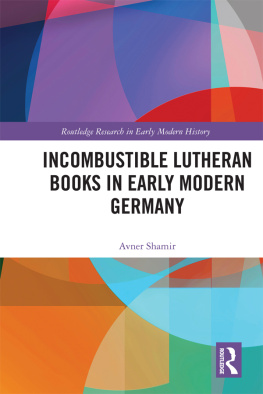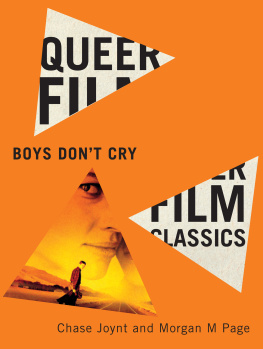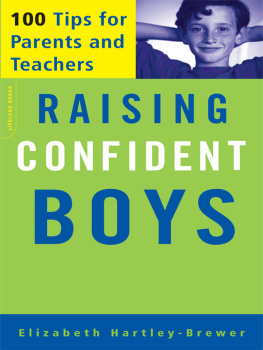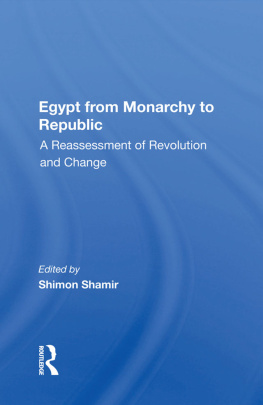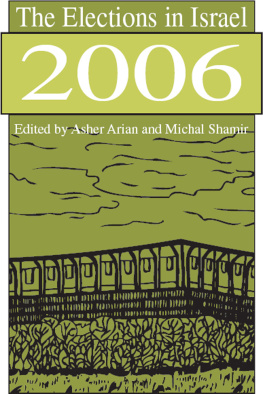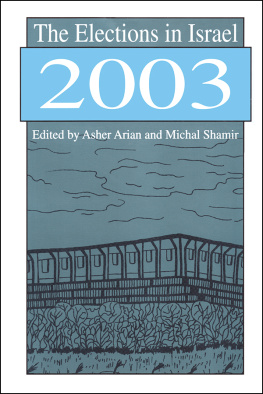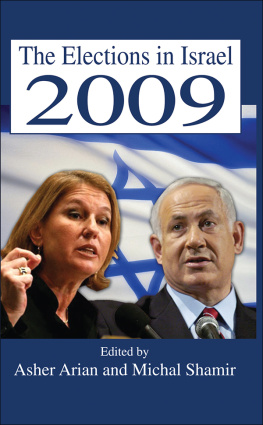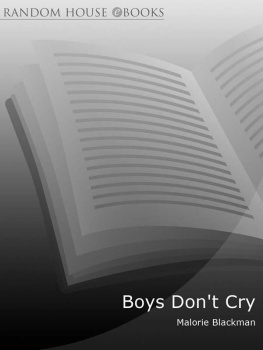BOYS DONT CRY?
Boys Dont Cry?
Rethinking Narratives of Masculinity and Emotion in the U.S.
Edited by
Milette Shamir and Jennifer Travis
COLUMBIA UNIVERSITY PRESS
NEW YORK
COLUMBIA UNIVERSITY PRESS
Publishers Since 1893
New York Chichester, West Sussex
cup.columbia.edu
Copyright 2002 by Columbia University Press
All rights reserved
E-ISBN 978-0-231-50634-2
The Politics of Feeling: Men, Masculinity, and Mourning on the Capital Mall 2002 Judith Newton.
The Law of the Heart: Emotional Injury and Its Fictions by Jennifer Travis is a modified version of Sexual Evidence and the Scope of Injury: Willa Cathers A Lost Lady Overseas Publishers Association N.V., 1999. Reprinted by permission of Gordon and Breach Publishers.
Library of Congress Cataloging-in-Publication Data Boys dont cry? : rethinking narratives of masculinity and emotion in the U.S. / edited by Milette Shamir and Jennifer Travis.
p. cm.
ISBN 0231120346 (cloth : alk. paper)
ISBN 0231120354 (pbk. : alk. paper)
1. American literatureHistory and criticism. 2. Men in literature. 3. MenUnited StatesAttitudes. 4. Masculinity in literature. 5. Emotions in literature. 6. Narration (Rhetoric) 7. MenPsychology.
I. Shamir, Milette. II. Travis, Jennifer.
PS173.M36 B69 2002
810.9'352041dc21
2001047444
A Columbia University Press E-book.
CUP would be pleased to hear about your reading experience with this e-book at .
To Avi and to Mike
Contents
Elizabeth Barnes is Associate Professor of English at the College of William and Mary and author of States of Sympathy: Seduction and Democracy in the American Novel (Columbia University Press, 1997). She is currently working on a project exploring the relationship between love and violence in American literature and culture, tentatively titled The Whipping Boy of Love: Violence and Emotion in Nineteenth-Century America. Her chapter in this book is a part of that project, as are articles she has recently published in Modern Language Studies and University of Mississippi Studies in English.
Evan Carton is Professor of English at the University of Texas, Austin. He is the author of The Rhetoric of American Romance (Johns Hopkins University Press, 1985) and The Marble Faun: Hawthornes Transformations (G.K. Hall &Co., 1992), and a co-author of The Cambridge History of American Literature, Volume 8, Poetry and Criticism: 19401995 (1996).
Stephen Davenport teaches American Literature at the University of Illinois. He is currently working on a book entitled Jack Kerouac, Mens Studies, and the Wounded Male: Repositioning the Positional Son in American Literature and has published several articles on the Beat movement, postmodernism, African American culture, and mens movements.
Eric Haralson teaches in the Department of English at SUNY Stonybrook. He is the author of several essays that have appeared in such journals as Arizona Quarterly, American Literature, and The Henry James Review. His latest book is Henry James and Queer Modernity Cambridge University Press, 2002).
Thomas Lutz is the author of Crying: A Natural and Cultural History of Tears (Norton, 1999), These Colored United States (Rutgers University Press, 1996), and American Nervousness (Cornell University Press, 1991). He has published articles in A History of Clinical Psychiatry, Black Music Research Journal, American Literary History, and elsewhere. He is Associate Professor of English at the University of Iowa.
Judith Newton is Professor and Director of Women and Gender Studies at U.C. Davis. Her most recent book is Starting Over: Feminism and the Politics of Cultural Critique (University of Michigan Press, 1994). She is currently working on masculinities and is completing a book on mens movements.
Sally Robinson is an Associate Professor of English at Texas A & M. She has published articles in Cultural Critique, Contemporary Literature, Genders, and Modern Fiction Studies, among other journals. She is also the author of Engendering the Subject (1991) and Marked Men: White Masculinity in Crisis (Columbia University Press, 2000).
Ryan Schneider is an Assistant Professor in the Department of English and Comparative Literature at San Diego State University. His research focuses on comparative approaches to the discourse of emotion in canonical and non-canonical nineteenth-century American writers. He is currently completing a book entitled Prophetic Emotion: Emerson, Du Bois, and the Invention of the American Public Intellectual.
Milette Shamir lectures on American literature at Tel Aviv University. She has published articles on antebellum literature, gender, and law and literature, and is working on a book entitled The Cult of Privacy: Space and Gender in Antebellum Fiction.
Thomas Strychacz is Professor of American Literature at Mills College. He is the author of Modernism, Mass Culture, and Professionalism (Cambridge University Press, 1993) and Hemingways Theaters of Masculinity (Louisiana State University Press, forthcoming).
Jennifer Travis is Assistant Professor in the Department of English at St. Johns University (New York). She has published articles on masculinity and emotions, law and literature, and turn-of-the-century U.S. literature in such journals as Arizona Quarterly, Womens Studies, and Modern Fiction Studies. She is currently completing a book entitled, The Soul has Bandaged Moments: Emotional Injury and U.S. Culture.
We are grateful to those friends and colleagues who gave their support at various stages of this project, particularly Ashley Cross, Naomi Fry, Cathy Jurca, Jean Lutes, Susannah Mintz, Nancy Schnog, and Rebecca Saunders. We wish to thank the contributors to this collection for their hard work, cheerful patience, and general willingness to put up with the many turns this project took along the way. Special thanks to Tom Lutz for his wise advice at several crossroads. Thanks also to Ann Miller, Jennifer Crewe, Leslie Bialler, and the anonymous readers at Columbia University Press for their guidance and insight. This work was partially made possible by financial support from the Newberry Library, Illinois State University, St. Johns University, and Tel Aviv University.
Do U.S. men have an emotional history? To be sure, libraries are filled with literature detailing mens feelings about mens deeds; in fact, we are currently witnessing an astonishing array of studies on what men may feel as men. Yet the emotional life of men in much of this work is surprisingly stiffed, to borrow from the title of one recent critique. As the American male is increasingly on display and under analysis, particularly he to whom Erving Goffman has referred as the complete unblushing malewhite, heterosexual, middle-class, Protestant, northern, urbanwe tend to cling hard to some of the most well-entrenched truisms about masculinity: that it connotes total control of emotions, that it mandates emotional inexpressivity, that it entraps in emotional isolation, that boys, in short, dont cry.1
Such truisms form the core of critical master narratives about U.S. masculinity. Studies of the literary canon have often taken the form of what Nina Baym termed pejoratively melodramas of beset manhood, the paradigm that reads American culture, especially through the nineteenth century, as insistently reiterating mans escape from the sphere of sentiment to produce masculinities marked precisely by its rejection: the rugged and hyperindividualistic romantic hero, the alienated and ill-understood writer, the emotionally repressed marketplace man. Men try to



